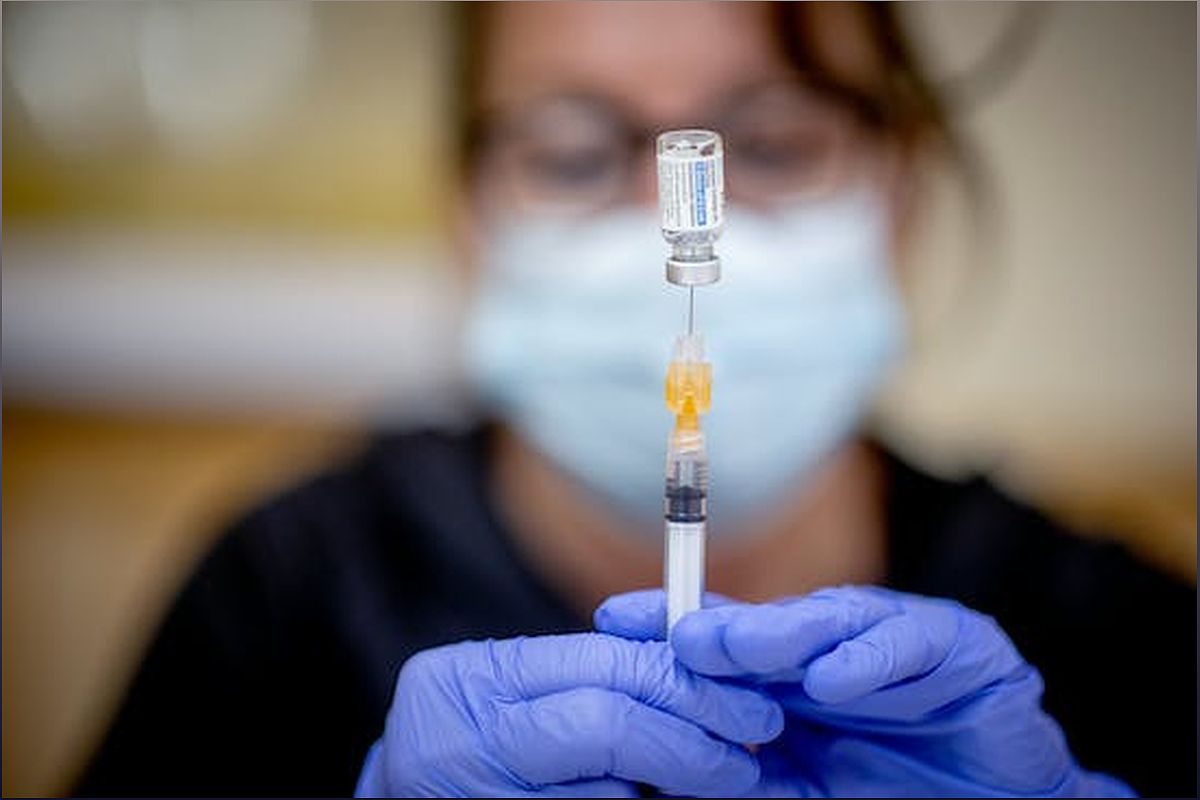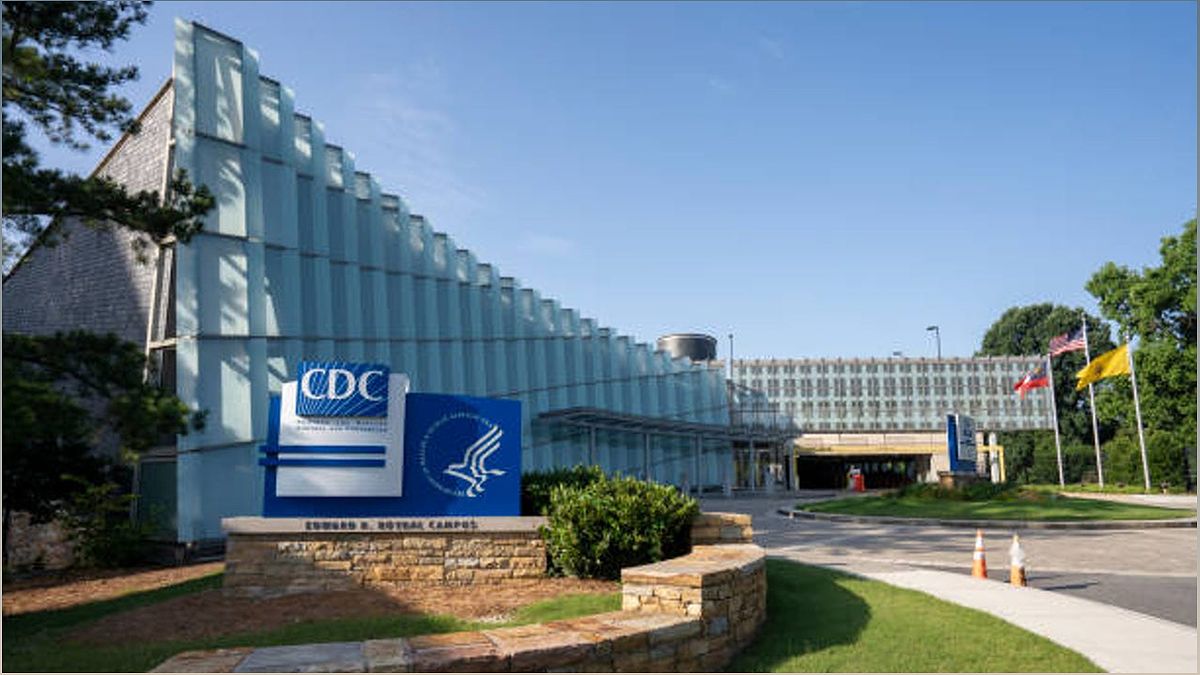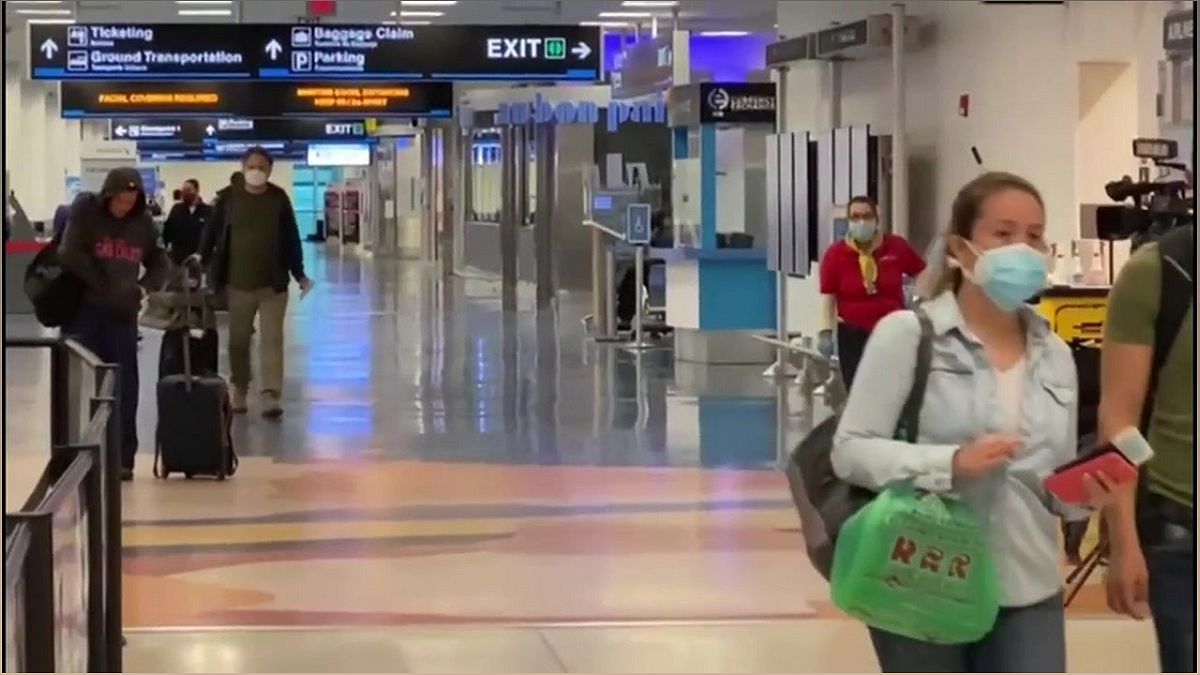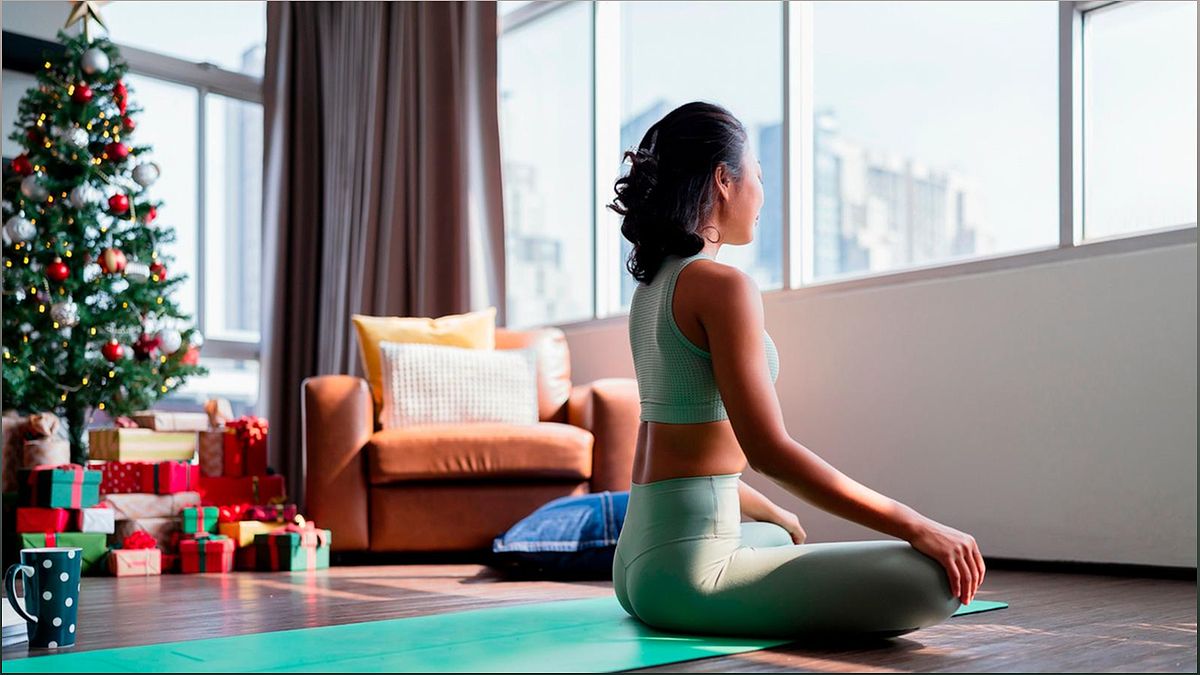As the holiday season approaches, it’s important to take steps to reduce the risk of getting sick. Senior epidemiologist Emily Johnson shares expert advice on how to protect yourself and your loved ones from respiratory illnesses. Discover the importance of practicing preventive measures, such as wearing masks, handwashing, and disinfecting surfaces. Learn about the availability of COVID-19, flu, and RSV vaccines and how they can provide protection. Find out why it’s crucial to stay home if you’re feeling unwell and prioritize the safety of others. Get insights on how to handle infants and when to seek medical attention. Don’t miss out on valuable tips for older individuals and those with chronic health conditions. Take control of your health this holiday season and stay safe.
Practicing Preventive Measures
During the holiday season, it’s crucial to practice preventive measures to reduce the risk of respiratory illnesses. Wearing masks in crowded areas can help prevent the spread of viruses. Regular handwashing with soap and water for at least 20 seconds is essential in killing germs. Additionally, disinfecting frequently touched surfaces can further minimize the risk of transmission.

When attending gatherings, it’s important to consider the risk of exposure. Avoid high-risk situations and practice self-isolation if you or others around you are displaying symptoms of illness. By following these preventive measures, you can protect yourself and those around you from respiratory illnesses.

Importance of Vaccinations
Vaccinations play a crucial role in reducing the risk of respiratory illnesses. COVID-19, flu, and RSV vaccines are available for the general population. By getting vaccinated, you can significantly lower your chances of contracting these viruses and experiencing severe symptoms.

It’s important to note that vaccines take time to provide full protection. It can take up to two weeks for the body to build immunity after receiving a vaccine. Therefore, it’s recommended to get vaccinated well in advance of the holiday season to ensure maximum protection.

If you or your loved ones are at higher risk, such as infants, pregnant individuals, or older adults, consult with a healthcare professional to determine if additional vaccines, such as the RSV vaccine, are necessary. By prioritizing vaccinations, you can help safeguard yourself and your community against respiratory illnesses.
Staying Home When Sick
If you’re feeling unwell, it’s important to prioritize the safety of others by staying home. Attending gatherings while sick can increase the risk of spreading respiratory illnesses to vulnerable individuals, such as infants and those with chronic health conditions.
If you have an infant who is too young to receive certain vaccines, take extra precautions to protect them. Any child under 1 year old with a fever or respiratory infection symptoms should be examined by a medical professional. By staying home and seeking medical attention when necessary, you can help prevent the spread of respiratory illnesses and protect the well-being of yourself and others.
Caring for Older Individuals and Those with Chronic Health Conditions
Older individuals and those with chronic health conditions are more susceptible to severe respiratory illnesses. If you or your loved ones fall into these categories, it’s crucial to take extra precautions to stay safe during the holiday season.
Seek Medical Advice:
Contact a healthcare professional to determine if you or your loved ones qualify for medications that can help prevent hospitalization. They can provide guidance on additional preventive measures to take based on individual health conditions.
Stay Informed:
Stay updated on the latest recommendations from health authorities regarding respiratory illnesses. This can help you make informed decisions and take appropriate actions to protect yourself and your loved ones.
Practice Self-Care:
Encourage older individuals and those with chronic health conditions to prioritize self-care. This includes getting enough rest, eating a balanced diet, and engaging in activities that promote mental and emotional well-being.
By taking these considerations into account, you can help ensure the safety and well-being of older individuals and those with chronic health conditions during the holiday season.
